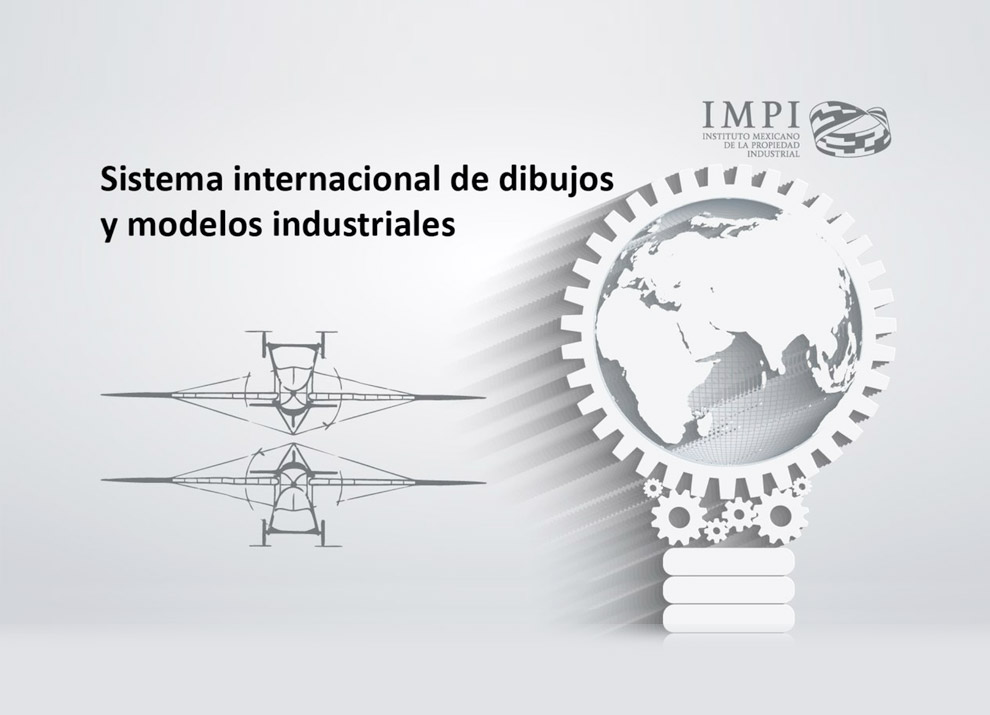In contrast to patents that focus on the protection of technical inventions such as manufacturing methods, pharmaceutical compositions, devices seen from its technical configuration, among others, industrial designs protect the aesthetic appearance of products, for example, the design of a cell phone, a coffee maker, a washing machine, etc.
The protection of industrial designs is very important, as it helps companies increase the market value of their products, as well as preventing others from using their designs without their authorization.
More importantly, for companies/designers looking to market their products abroad, protection is necessary to have the exclusive rights to the designs, such that they can sell them or license them to third parties for exploitation.
The Hague System administered by the World Intellectual Property Organization (WIPO), offers a simple, fast and economical way to protect industrial designs abroad, compared to the Convention system in which the applicant files his applications individually in each national patent office of interest. Through a single filing before a single office (WIPO), in a single language (english, spanish or french), the payment of a single fee and a single formal examination process, an international registration is obtained and then communicated to the contracting parties designated by the applicant by means of the International Designs Bulletin.
However, it is to be noted that the contracting parties reserve the right to refuse the international registration for reasons of patentability only. Formal issues once approved by WIPO cannot be objected to.
Since its adoption in 1925 with the Hague Agreement, the System has 74 contracting parties covering 91 countries and more countries are expected to join soon, as is the case with China, country that is likely to be part of the System at the end of this year.
Moreover, in a single application, up to 100 industrial designs can be submitted, provided that they meet the same Locarno class and have invention unit.
In addition to the advantages mentioned above, it is important to highlight that it is not necessary to file a national/regional industrial design application to file the international application.
But our country did not want to be left behind and on 06 June 2020 its accession to the System came into force. It is worth mentioning that we are the first Spanish-speaking country in Latin America to adhere to the system.
The Mexican Institute of Industrial Property (IMPI) has established that there will be an individual designation fee (as in the case of the United States) when Mexico is designated and divided into two parts: a first part to be paid at the time of filing the international application and a second part to be paid when IMPI determines that the international registration meets the protection requirements under Mexican industrial property law.
Finally, IMPI will also maintain 50% discount on previous fees (as well as other concepts) that apply to individuals, SMEs, schools and research centres.
With Mexico's new accession to the Hague system, let us hope that the number of design presentations will increase in our country and a greater motivation to submit international applications for Mexican designers who want to obtain exclusive rights to their designs abroad.
We are at your service should you have any questions.

